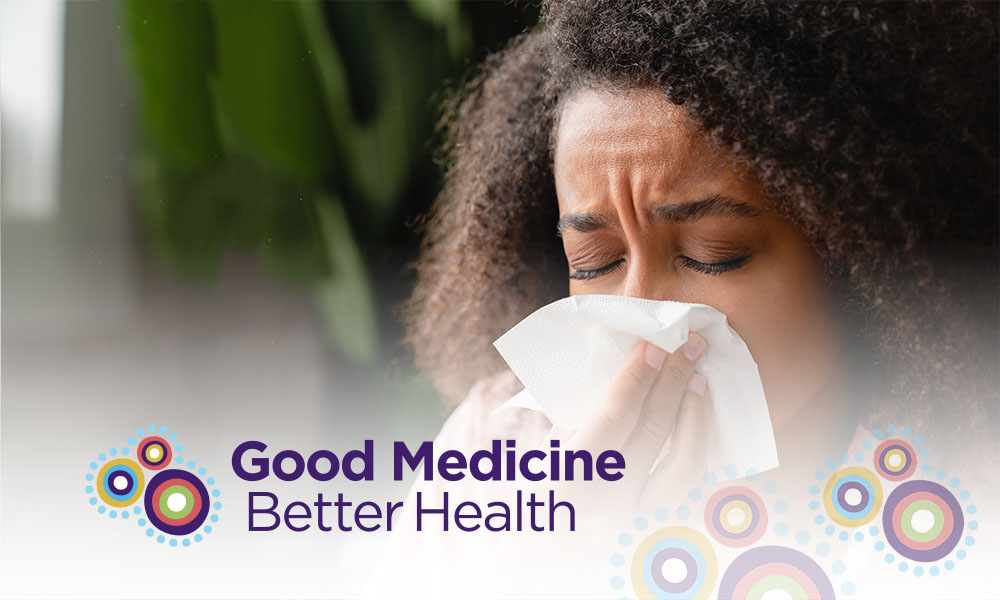
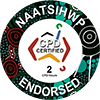
This learning activity aims to update your knowledge on common respiratory tract infections and the antibiotic medicines used to treat them.
NACCHO elearning provides non-member health professionals working with Aboriginal and Torres Strait Islander people access to a selection of training resources including:
Non-members can create a free account to
access the training on this site.
NACCHO members (ie ACCHO and affiliate employees) should join the member only site NACCHO Online Learning


This learning activity aims to update your knowledge on common respiratory tract infections and the antibiotic medicines used to treat them.
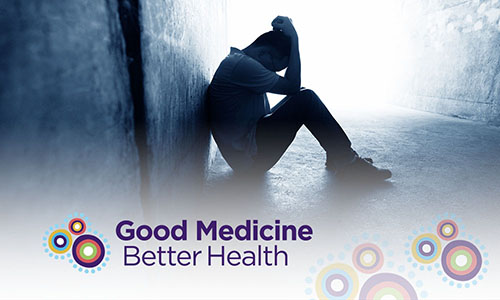
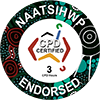 This learning
activity aims to increase understanding about mental health in the
context of social, emotional and cultural wellbeing.
This learning
activity aims to increase understanding about mental health in the
context of social, emotional and cultural wellbeing.
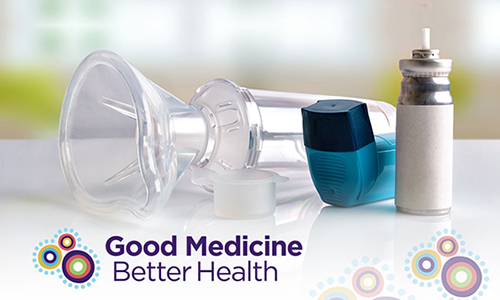
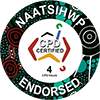 These four 30-minute modules aim to increase the confidence of Aboriginal and Torres Strait Islander Health Workers and Health Practitioners to educate patients about their asthma, their asthma medicines and devices, and how to support a person having an asthma attack.
These four 30-minute modules aim to increase the confidence of Aboriginal and Torres Strait Islander Health Workers and Health Practitioners to educate patients about their asthma, their asthma medicines and devices, and how to support a person having an asthma attack.

 This learning activity aims to increase knowledge about chronic pain, and to pass that knowledge on to community members.
This learning activity aims to increase knowledge about chronic pain, and to pass that knowledge on to community members.
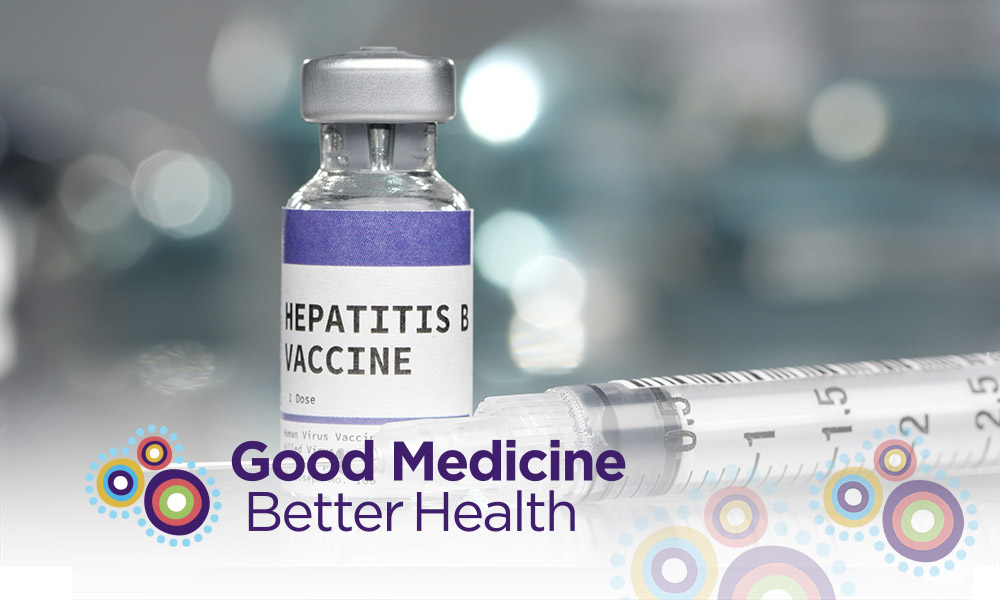
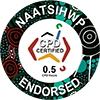 This short module will give you an understanding of hep B, hep B vaccination, and when to test and monitor a person living with hep B.
This short module will give you an understanding of hep B, hep B vaccination, and when to test and monitor a person living with hep B.
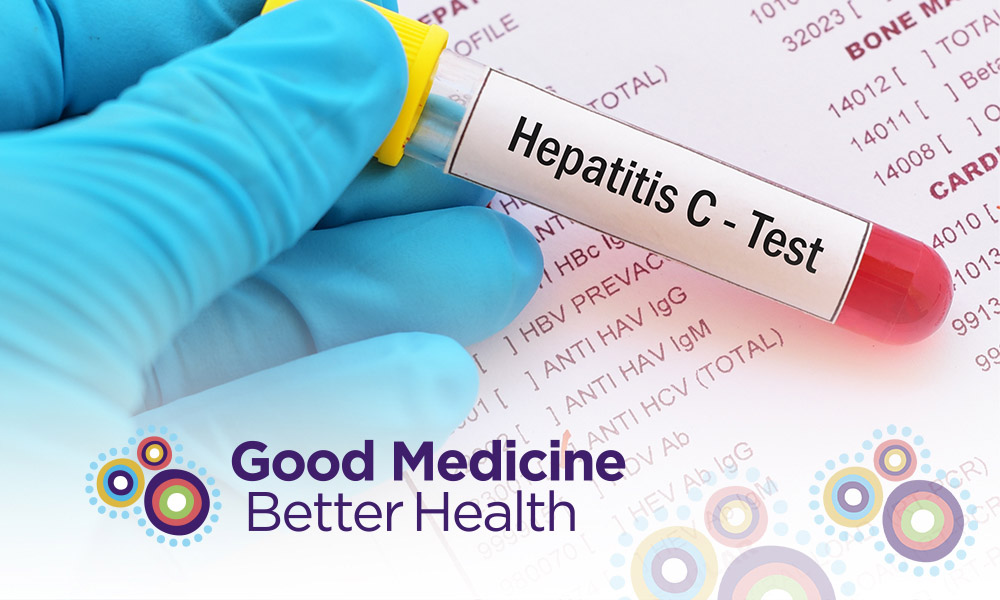
 This 15-minute module will give an understanding of hep C, including that it can be cured.
This 15-minute module will give an understanding of hep C, including that it can be cured.
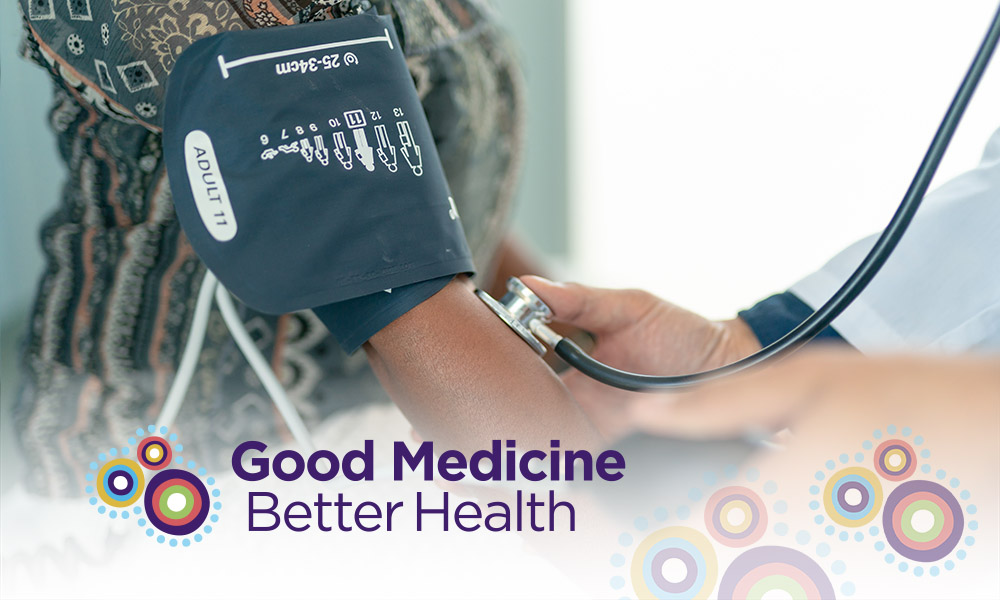
 These three 20-minute modules aim to help participants assess cardiovascular risk factors, identify common blood pressure-lowering medicines and educate clients and community members about high blood pressure and how to manage it.
These three 20-minute modules aim to help participants assess cardiovascular risk factors, identify common blood pressure-lowering medicines and educate clients and community members about high blood pressure and how to manage it.

This module has been updated, and this 2020 version is now closed to new enrolments. Please enrol in Good Medicine Better Health: High blood pressure (2024 update)
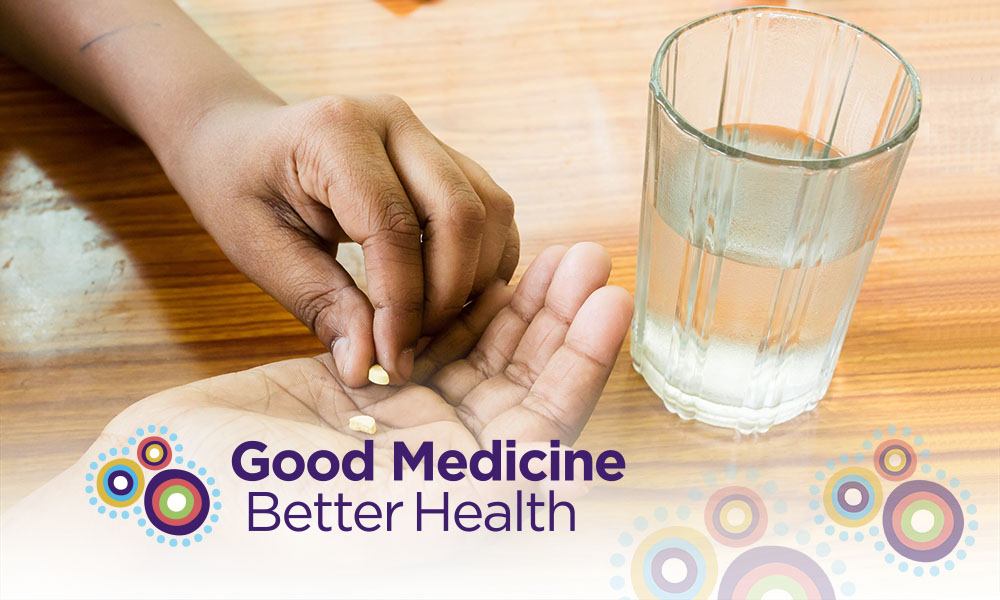
 These two 45-minute modules cover why quality use of medicines (QUM) is important and how to practice QUM in clinics and community settings. The modules include the safe use of medicines, identifying potential side-effects and interactions, safe storage and disposal of unused medicines.
These two 45-minute modules cover why quality use of medicines (QUM) is important and how to practice QUM in clinics and community settings. The modules include the safe use of medicines, identifying potential side-effects and interactions, safe storage and disposal of unused medicines.
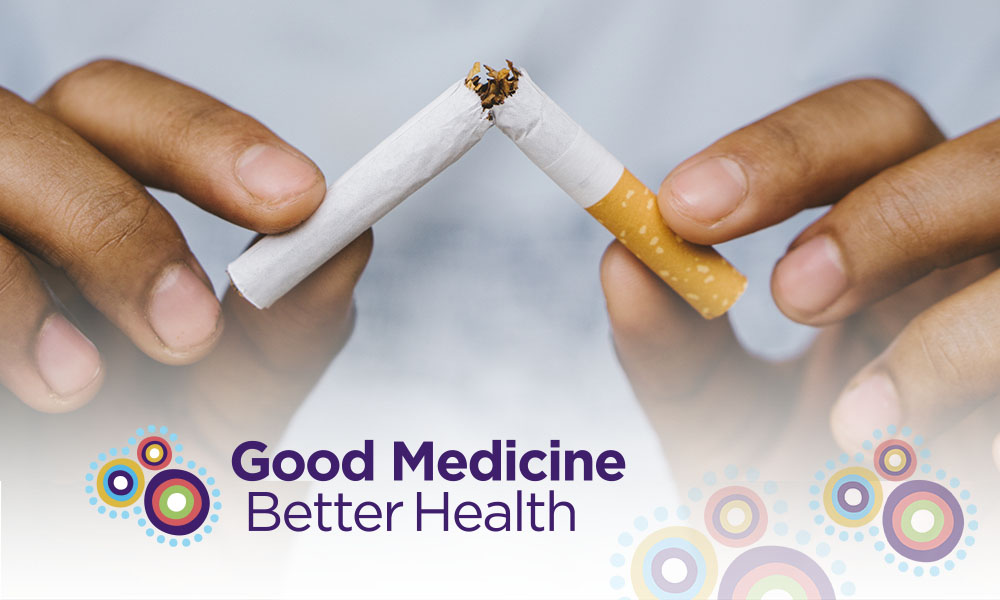
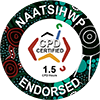 These two 30-minute modules aim to increase your confidence in educating and supporting clients during their quit smoking journey.
These two 30-minute modules aim to increase your confidence in educating and supporting clients during their quit smoking journey.
A third extension module talks about smoking for people who are pregnant and how to support them to quit smoking.
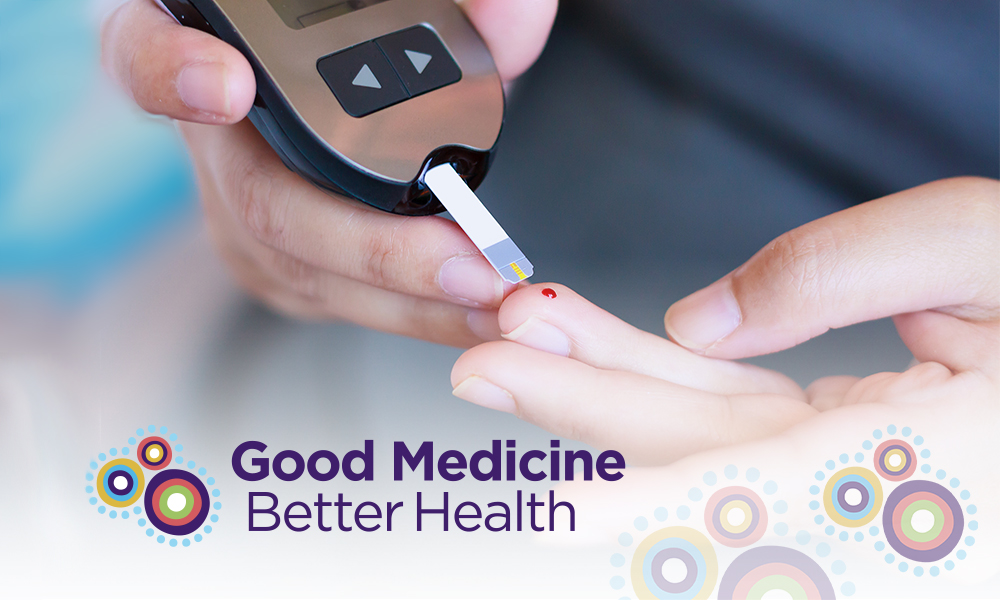
 This 40-minute module aims to increase the confidence of Aboriginal and Torres Strait Islander Health Workers and Health Practitioners to educate clients and community members on how to manage their type 2 diabetes, including lifestyle changes and use of medicines to reduce the risk of developing complications.
This 40-minute module aims to increase the confidence of Aboriginal and Torres Strait Islander Health Workers and Health Practitioners to educate clients and community members on how to manage their type 2 diabetes, including lifestyle changes and use of medicines to reduce the risk of developing complications.
This 2024 release contains only minor changes from the 2020 version - primarily updated links and reference to the 2023 release of the Australian Guideline for assessing and managing cardiovascular disease risk

This module has been updated, and this 2020 version is now closed to new enrolments. Please enrol in Good Medicine Better Health: Type 2 diabetes (2024 update)
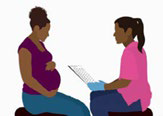
This module provides a detailed description of how to perform a routine psychosocial assessment with Aboriginal clients using the Kimberley Mum’s Mood Scale. It also explains pathways for follow-up and referral, and the importance of psychosocial care.